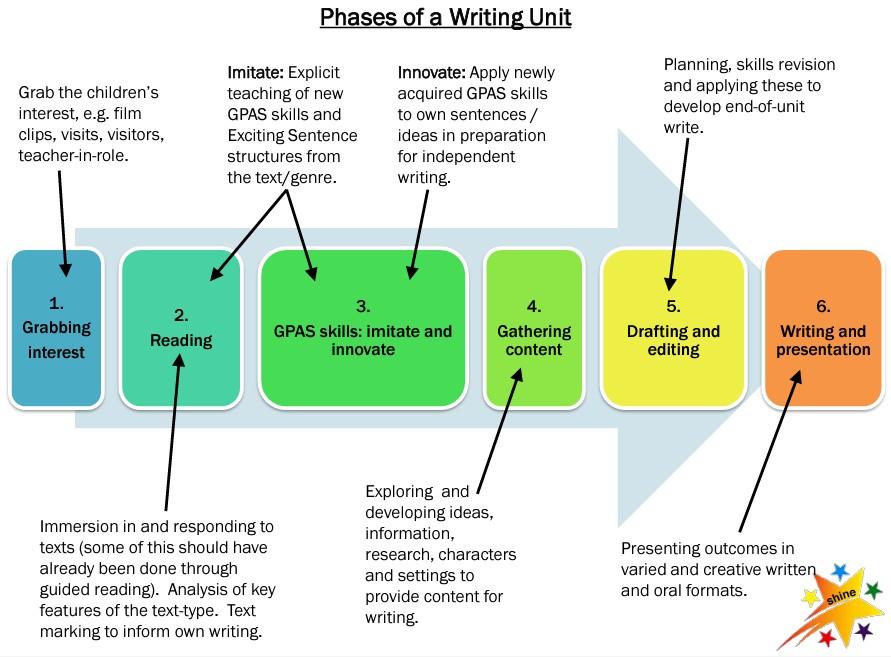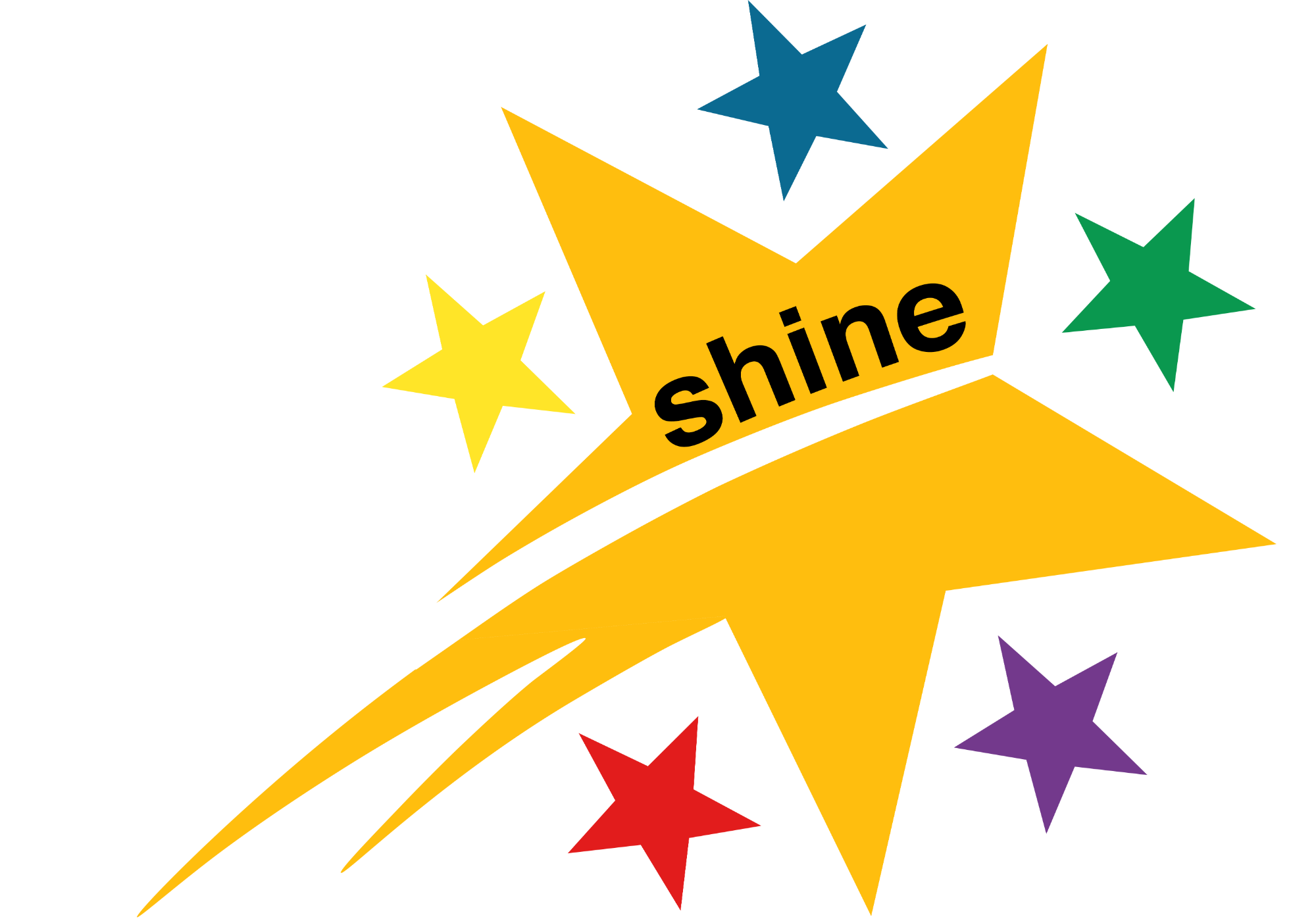Writing
At Pendle Primary Academy, we aim to give our children an exciting and meaningful writing curriculum which enables them to become confident, inspirational writers who are able to articulate their creativity and develop their writer’s voice. Using a skills-based curriculum, children are able to develop their knowledge of a well-structured topic and transfer their learning across subjects during their learning journey, demonstrating progression throughout the wider curriculum. By providing children with a range of enrichment activities and visits, both in and out of school, we prepare children with experiences and vocabulary that will enhance their abilities to write both factually and creatively and guide them to creating pertinent, contextualised and more meaningful pieces of writing that have a greater purpose to them as young writers.
Taking into consideration the interests and needs of the children, a carefully devised cross-curricular sequence of topics has been mapped out for each year group that ensures children are developing new skills whilst building on their prior learning. Writing units ensure a balance of fiction, non-fiction and poetry units, thus providing the children with the experience of writing in a range of genres using a broad base of knowledge, vocabulary and real-life experiences to base their writing on.
Children’s end-of-unit writing (that may be presented in a creative way, suitable to the text-type) is contained within the Write and Shine book, as an ongoing record of the children’s achievements in writing. Lessons from the wider curriculum also contribute to the Write and Shine portfolio to demonstrate an application of skills across a range of subjects. Children are continually provided with opportunities to analyse and evaluate the impact of their writing through purposeful discussion with their peers and staff, allowing them to show mastery of skills.
 What can you typically expect to see in a writing lesson at Pendle Primary Academy?
What can you typically expect to see in a writing lesson at Pendle Primary Academy?
Units of work in writing will always include some aspect of speaking, reading and writing – often following the ‘Phases of a Writing Unit’ model. Units of writing typically last between 2 and 4 weeks, depending on the unit of work. The nature of a writing lesson will very much depend on which phase a class is at in the unit.
Units typically begin with an exciting hook to draw in the children and create fascination. Children are then given opportunities to immerse themselves in the genre through investigation, discussion and exploration of texts at a vocabulary and sentence level. Children will have the opportunity to learn new GPAS skills through explicit and in-depth teaching, which has been identified by teachers as a focus for each writing unit. During the drafting process, children are able to use this knowledge within their writing. Children will gather content, organise and plan their own writing over a series of lessons before writing a first draft. Children are explicitly taught editing and improving skills in phase 5 of the ‘Phases of a Writing Unit’ model, which they accumulate and develop throughout KS2, in order to develop their independence in Years 5 and 6. Children are given various opportunities to edit and improve their writing after feedback from teachers and peers; children in Years 5 and 6 are encouraged to improve their writing independently based on their own and peer feedback. These opportunities allow children to reflect on their work before they publish their final work in their Write and Shine book.
Spelling, Punctuation and Grammar
Spelling, punctuation and grammar are embedded within the writing curriculum, so children learn and apply skills in context developing an understanding of writing styles specific to the genres they are studying. Children are explicitly taught spelling patterns subject to their year group through a scheme carefully designed by the school and these increase in complexity as the year progresses.
Handwriting
Children are taught to use a continuous cursive style of handwriting, enabling them to write legibly, fluently and with increasing speed. They are taught to vary their writing style so it is appropriate to their task for example using print when labelling diagrams or filling a form.
How are we developing systems for tracking attainment and progress in Writing?
Every child has a target card in their Write and Shine or English book. The target card is split into targets for Vocabulary, Punctuation and Grammar (VPG), Composition (C), Spelling (S) and Handwriting (H). Greater depth targets (where applicable) are on the reverse of the target card. Each target has three stars. One star dated, represents that the child is beginning to work towards that target, they may require a lot of support, have some misconceptions and/or make frequent mistakes when applying those skills independently. Two stars dated indicates that a child is able to apply that skill independently but may make occasional mistakes that they are not able to recognise and correct independently. Three stars shows that the child has securely met that target.
The target cards inform the teacher’s assessment at three points during the year and allow teachers to see if the pupil has made progress. Thus, additional support for individual learners and writing interventions can be put into place to aid children to meet their individual targets.
